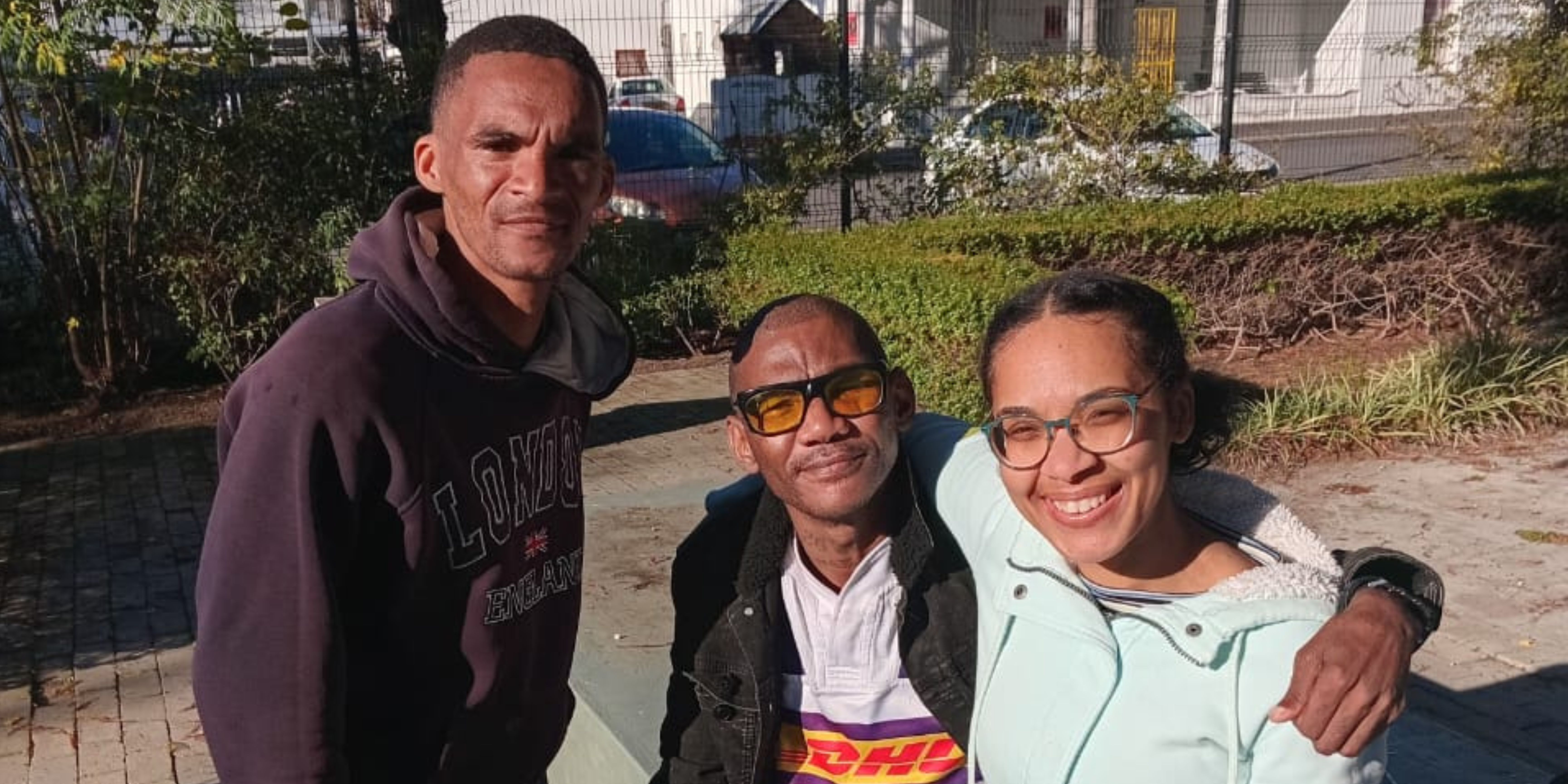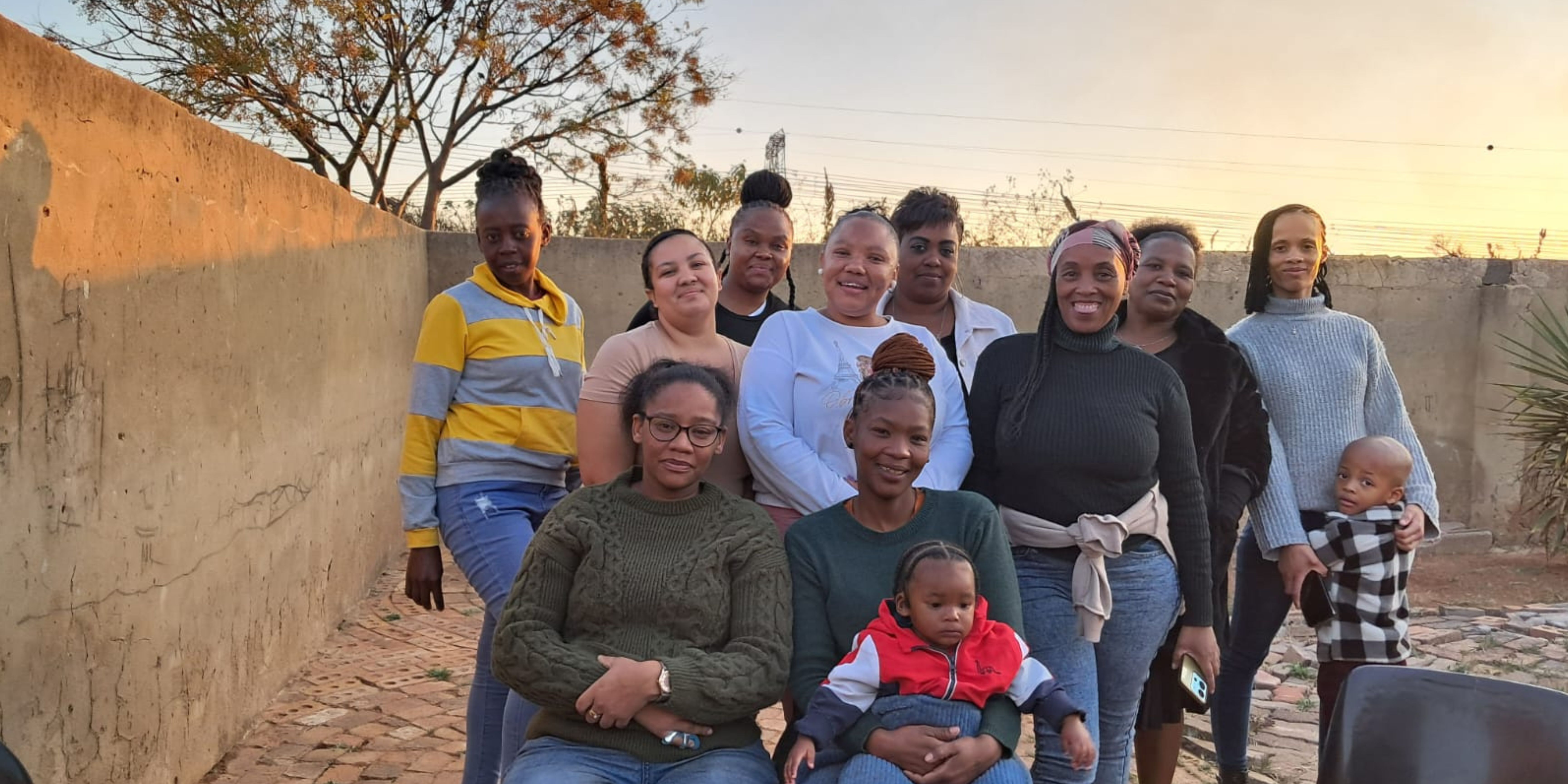Ex Drug Addict a Living Testimony for Wellington Youth

Every person is unique. No two people have the same fingerprint as their mother, father, brother, or sister. No extended family, neighbor, or friend has your fingerprint.
So every person's story, life experience, future plans are also unique. Sometimes people's stories are similar but never exactly the same. The story of Cornelius Storm is similar to that of many young people in our town. Born and raised in the town of Wellington. As a child, he loved to play, and like so many others, he attended the local rural primary school called Wagenmakersvallei NGK Primary. At the age of 9 years old, in Cornelius' story, he was exposed to drugs. Some of his friends on the farm used them. They told him how these drugs made them feel, and it made him curious. When the opportunity arose and they asked him if he wanted to use the drug and feel like them, he said yes. He wanted to experience if the drugs would give him the same effect as his friends said. So he had his first exposure and experiment with drugs at a very early age.
As a native of Wellington, this is not a foreign sight to me. So many of our young people have a similar story. I spoke to a few of them. I wanted to hear the reasons why they use drugs, at what age they first used them, why they continue to use them even though they understand the dangers of drugs, and/or whether they have tried to stop using them. However, none of these young people wanted to be made 'famous' for being addicted to drugs. They did not want their names and faces made public. All except Cornelius.
I ask him why he is willing to reveal his identity and story, and he replies, “Today’s children need a physical example. They understand better when they see the possible consequences of using drugs. I can no longer use my legs. I am paralyzed. I only have one eye that I can use to see. The doctors couldn’t save the other one. I lost it in a fight. All as a result of using drugs.”

Cornelius is brave! In my opinion, to make his story known. He says that the worst drug he used was Tik. After the death of a loved one, the drug became an escape. When he used Tik, his mind was busy and he didn't have to feel reality, longing, and emptiness. The more he used the drug, the less pain he felt. Many of the other young people also say that the more they use the drugs, the better they feel. It's as if the drug replaces the hurt, disappointment, or whatever emotion they feel with 'happiness'.
A religious conviction helped Cornelius stop using drugs. He was in reform schools and in prison, but only after a spiritual experience was he able to systematically get rid of drugs. Every week he visits a church. The sermons and people there help him not to get involved in drugs again. He says, “I wouldn’t have been able to keep it up and stay drug-free without the help of the Lord.” Cornelius learned to talk about how he felt. People listened and were able to help him. Many of our young people who are addicted to drugs need a safe place and people who are willing to help. A place where they are taught healthy ways and can adopt a new perspective away from drugs. Jogging, walking, exercising, or playing a type of sport are also alternative options to get rid of frustrations.
Very clearly, we as a community need to pay attention to our young children. Drugs are unfortunately available in various places in the very environments where we live. Maybe in your house, there is no access to drugs, but your child's friend may come into possession of drugs and then want to experiment. Peer pressure can therefore easily take place. At the age of 9 years old, Cornelius was so curious that he immediately said yes when his friends asked him if he wanted to feel like them. The curiosity of a child makes him/her easily influenced, so at an early age, our children must start learning the dangers of drugs. Parents, community leaders, schools, and churches must share information with children and keep an eye on the children’s actions at all times. The more our children know, the greater the chance that they will be able to recognize the dangers of drugs and say no when and if they are offered to use them.
One's uniqueness can be a beautiful story if one has the necessary information and willpower to make good decisions.














